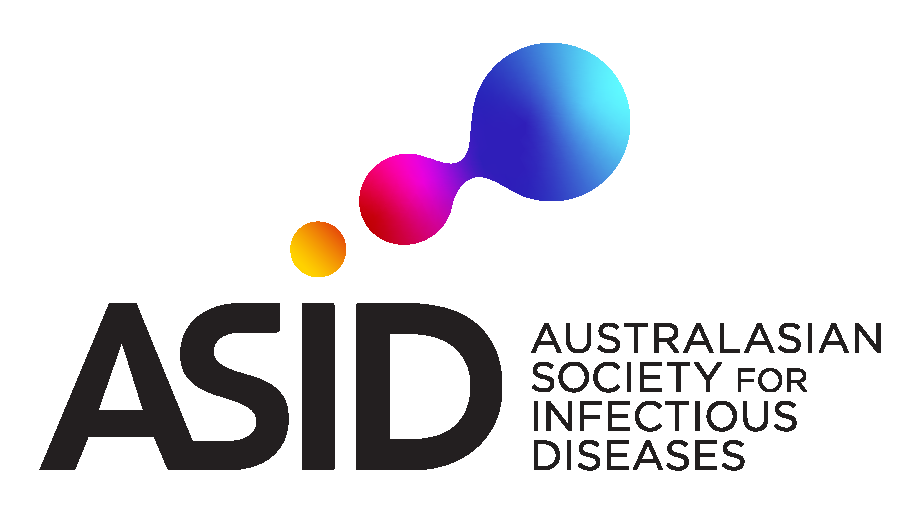ASID calls for sustained investment in developing the infectious diseases workforce to protect communities beyond COVID-19.
As the peak professional body for infectious diseases physicians and clinical microbiologists, the Australasian Society for Infectious Diseases (ASID) recommends sustained investment in an Infectious Diseases, Clinical Microbiologist and antimicrobial stewardship practitioner workforce to address the ongoing burden of infections in the community beyond the COVID-19 emergency response.
Traditional service provision metrics are inadequate at capturing the full scope of practice of this workforce, which goes well beyond care of individual patients. Many current positions in these fields across Australia and New Zealand are temporarily contracted, with an imminent risk of reduction in services to pre-COVID-19 levels. Prior to COVID-19, the workforce was already inadequate to meet service demand. Fatigue and burnout are highly prevalent in the wake of heavy reliance on infectious diseases expertise to support the prolonged health service response to COVID-19, with ongoing additional workload due to recurrent waves of the disease.
Vulnerable population groups are disproportionately affected by the burden of infectious diseases, whilst at the same time are at higher risk of inequitable access to timely infectious diseases specialist services. Rural and remote areas are particularly under-serviced.
Infectious diseases account for six out of the top ten global disease threats identified by the WHO[1]. Some of the factors that will drive an increasing burden of infections in the Australian community that need to be considered for workforce planning include:
the risk of importation of diseases with pandemic potential
increasing vaccine hesitancy and disruption to immunisation programs due to COVID-19
zoonotic diseases driven by climate change
the rise of drug-resistant infections, and
infectious complications of non-communicable diseases in an ageing population, in an increasingly complex care environment.
ASID is recommending:
Policy makers and health care system leaders acknowledge and commit to resourcing the provision of and training in antimicrobial stewardship, infection control clinical leadership, policy and prevention advice, public messaging and outbreak management. These functions are essential for meeting hospital safety and accreditation standards.
Health services adopt flexible working options to ensure that people with the right skill set are supported in the workplace. Barriers that lead to inequity in opportunity and job security must be addressed.
The establishment of an infectious diseases workforce registry to capture comprehensive data on workforce composition and distribution to assist in identifying gaps that need to be addressed.
Vulnerable population groups are better serviced in workforce planning, including commitment to equity in access, with innovative and culturally appropriate models of service.
1. Ten threats to global health in 2019 (who.int)
This statement was developed by ASID’s Advocacy and Policy Committee.
Media Contact: Alison Sweeney alison@asid.com.au.
